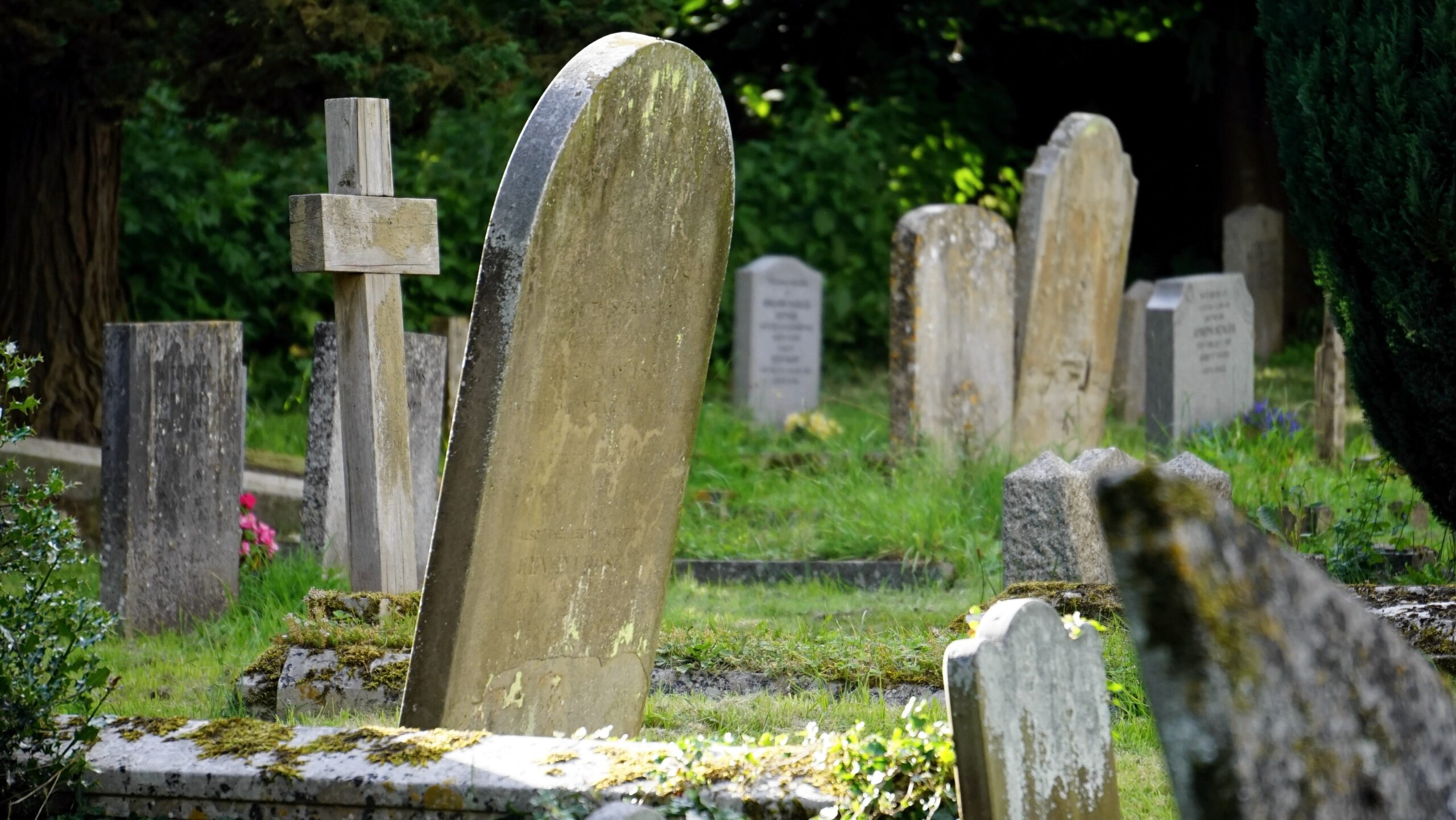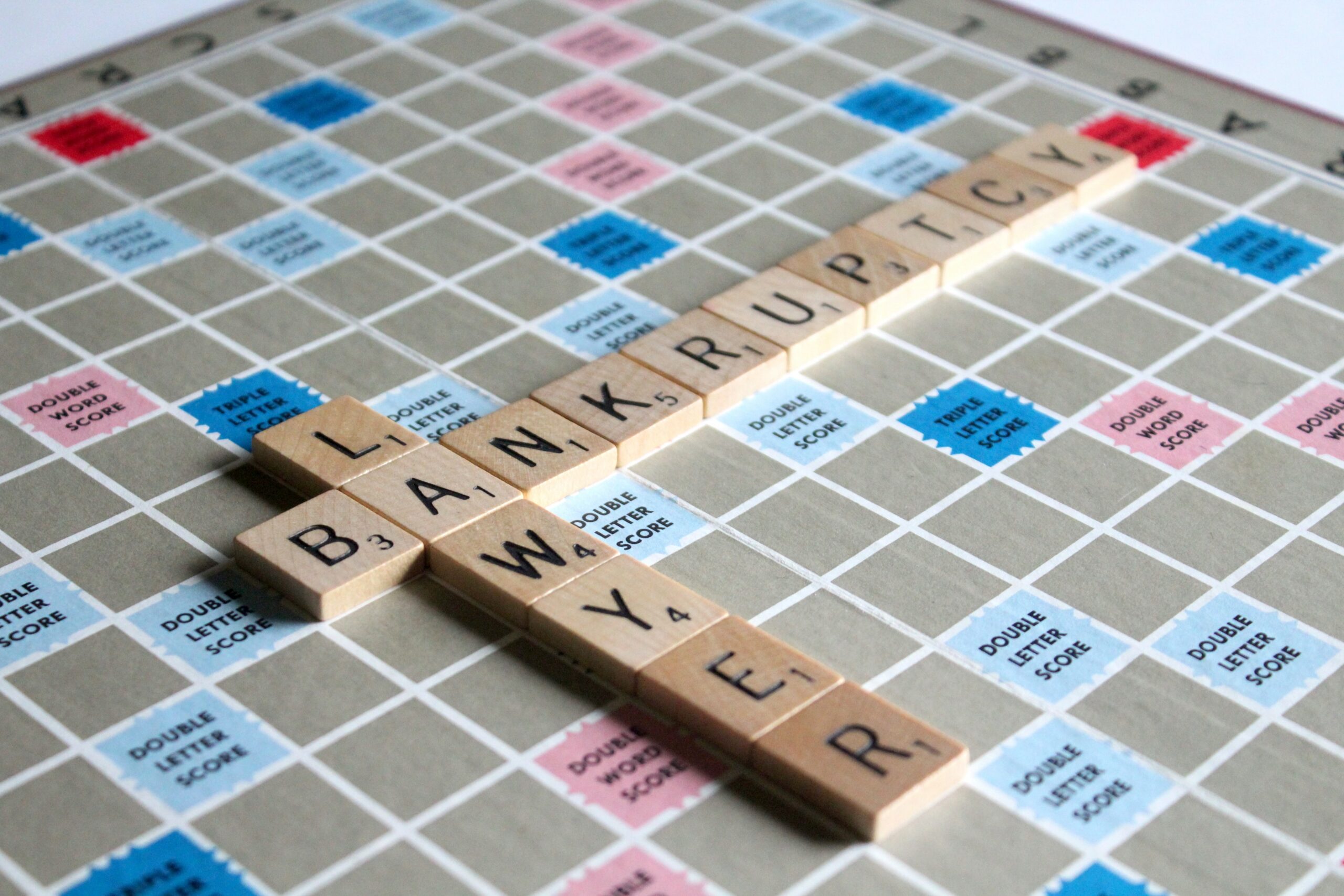
What is A consumer proposal?
by Ajay Oberoi | Bankruptcy, Budgeting, collection calls, Consumer Proposal, Credit Repair, Insolvency
A consumer proposal is nothing but a plan which provides debt relief to Canadians who are struggling with money debt payments. It is sectioned by the Canadian government so that their people can have some relief in debt payments. And it was a very important step that took by the Canadian government because many people suffer from money debt payments. And in the end, they have to file bankruptcy, which was not good for any Canadian people. So, the government thought to give some relief to their people and sectioned this act.
By using this act, the consumers now have some relief in paying the debt amount. In a consumer proposal, a legally blind debt settlement agreement is filled between the consumer and the creditor. But this proposal can only be filled with licensed insolvency trustees. So, the consumer can pay some debt amount to get full debt forgiveness. And the amount is decided by the trustees on the basis of the consumer’s income and what consumer’s own. This is the consumer proposal.
All the settlements are the same or different
Not all the settlements are the same each and every settlement is unique in its own way. Because the settlement amount, which is decided by the trustees, is mainly depended upon the consumer’s income and their possession. So, the settlement amount will also be different in every case. The same amount is not applied to every person. And that is why it is very popular among consumers.
Eligibility criteria for the consumer proposal
There are mainly four things that everyone should keep in their mind before filling the consumer proposal. And that is
- First thing first, the consumer must be a residence of Canada. That thing is not necessarily the person can be permanent resident of Canada or must be residing in Canada for some work or anything else.
- The consumer must have some amount to pay some portion of the debt amount.
- The debt amount should be less than $250000.
- The consumer must not be able to pay their debts in order to apply for a consumer proposal.
Is it okay to go with a consumer proposal?
Of course, it is good to go with a consumer proposal. If the consumer doesn’t have the money to pay their debts, then they should go with it and have some relief on debt payment.
In case of you have credit or debt issues visit www.gtacredit.com or call 416 650 1100








